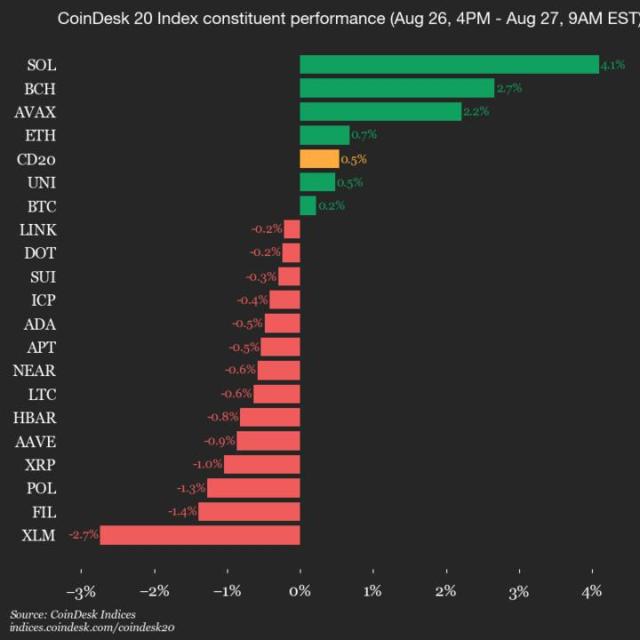Indian tax authorities extend enforcement to undeclared digital asset transactions, imposing penalties of up to 200% of tax value.
India’s Income Tax Department has begun a serious enforcement campaign targeting past undeclared crypto asset transactions, marking a major turning point in digital asset regulation in the world’s second-largest market by population.
According to an announcement from KoinX, a leading provider of crypto asset tax software, the tax authority has begun sending formal Section 133(6) notices to individuals with undisclosed virtual asset transactions. The move focuses not only on recent activity but also on transactions going back years.
The comprehensive scope of control includes detailed data for the financial year 2022-23, requiring taxpayers to provide information on purchase and sale dates, outstanding balances, and linked bank accounts. These requirements reflect the government’s determination to ensure full tax compliance in the digital asset sector.
Serious consequences of non-compliance
KoinX warns that ignoring tax notices can have serious financial consequences. Taxpayers can face daily fines, possible reassessments, and, in extreme cases, penalties of up to 200% of the tax evaded. In extreme cases, violations can result in criminal prosecution.
The major sources of these notices include under-declared tax deducted at source (TDS), discrepancies in Form 26AS or Annual Information Statement, unreported transactions on centralized, decentralized or foreign exchanges, along with invalid deductions.
For crypto investors, this creates significant compliance pressure. Tracking and accurately reporting transactions across multiple platforms becomes a major challenge, especially as crypto tax regulations remain complex and evolving.
KoinX recommends that taxpayers maintain complete records of all crypto asset transactions, ensure all wallets and exchange accounts are declared on their income tax returns, and regularly monitor for possible discrepancies in official records.
The enforcement campaign reflects a global trend toward increased oversight of digital assets. While the strict measures may create short-term challenges, many experts believe that a clear and transparent regulatory framework will benefit the long-term sustainable development of the crypto asset market.







